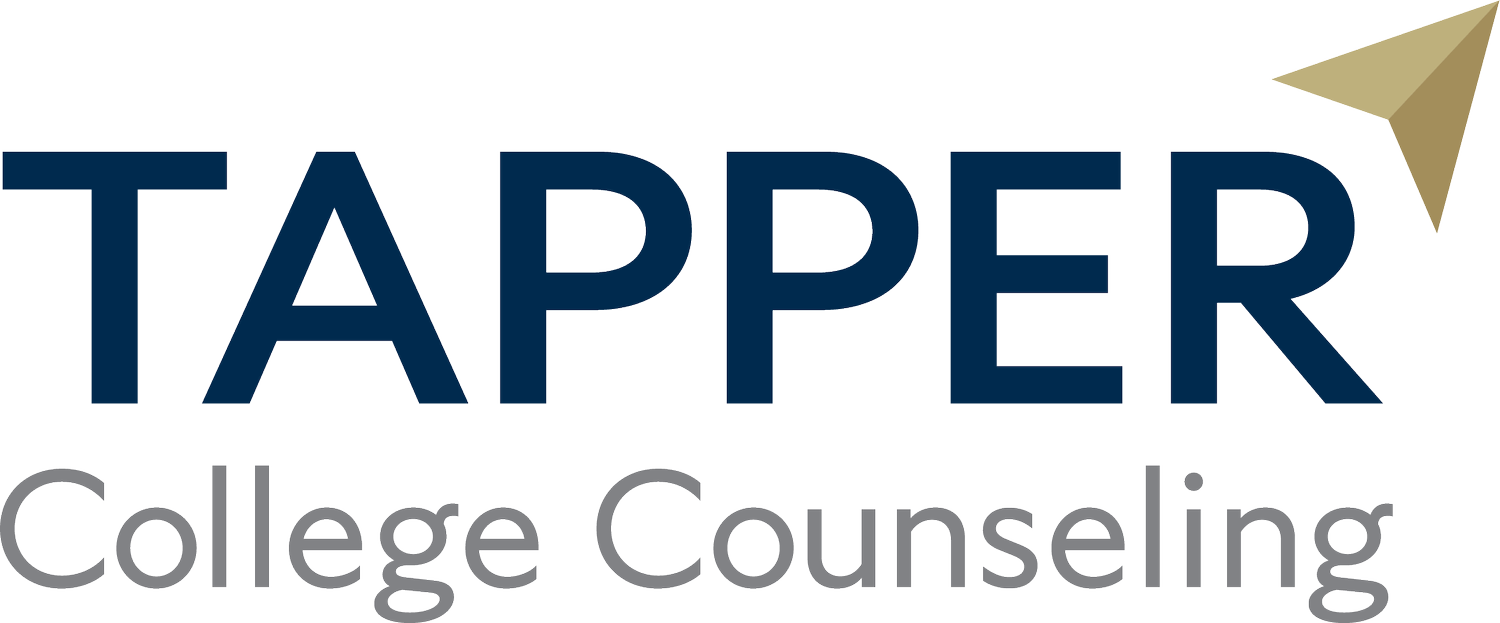Finishing Sophomore Year Strong: Your Guide to College Planning Success
As sophomore year draws to a close, now is the perfect time to reflect on your progress and build momentum heading into junior year. The final two months of this school year offer valuable opportunities to strengthen your academic profile, deepen your exploration of interests, and position yourself for success in the upcoming college admissions process. This guide provides targeted advice on the key steps you should take during these remaining weeks, ensuring you're well-prepared to tackle what's next.
Course Selection for 11th Grade
Choosing your classes for next year is a vital step in building a compelling high school transcript. Your course selections influence your academic trajectory and how colleges perceive your preparedness for college-level work. Particularly in an era of widespread grade inflation, a rigorous curriculum can help set you apart from peers, especially when aiming for selective colleges. See our January 2025 blog for important factors and strategies to keep in mind.
Maximizing Your Grades and Preparing for AP Exams
Your grades this semester are important. Stay organized by breaking down assignments, quizzes, and tests into manageable daily tasks. For AP exams, start reviewing early. Use resources like AP Classroom, Khan Academy, study groups, and tutors (as needed) to reinforce your knowledge and master exam formats. The extra effort now can lead to improved confidence, higher AP scores, and stronger grades.
Taking Mock ACT and SAT Tests
If you're currently enrolled in Algebra 2 or higher, now is the ideal time to take a mock ACT and a mock SAT from a reputable test prep provider (if you are pressed for time, you could use your PSAT instead of a practice SAT). This initial step helps identify your strengths and weaknesses and determine which test aligns better with your abilities. Note that the ACT's format is changing. For the ACT, we recommend the paper version; we also suggest you take the science section when it becomes optional. Consider dedicating part of your summer to structured test preparation. Targeting fall test dates in your junior year—ideally, sign up for two consecutive test dates—positions you for potential retakes and reduces stress during your junior spring.
Documenting Your Activities and Accomplishments
Start building your college application now by documenting your extracurricular activities and accomplishments clearly. Use Common App guidelines by noting the activity name, your role, a concise yet informative description, average hours per week, and total weeks per year of participation. Our clients use a Google Doc template that notes the Common Application’s character limits. Regular documentation will ensure that you accurately capture your experiences and achievements and will save time when you are applying to college.
Taking Career and Interest Assessments
Exploring potential career paths can significantly shape your high school choices and college search. Taking assessments such as the Strong Interest Inventory 244, Highlands Ability Battery, YouScience, Career Explorer, 16 Personalities, CliftonStrengths (StrengthsFinder), and Myers-Briggs Type Indicator (MBTI) can provide valuable insights into your interests, strengths, and suitable career paths. Use your results to guide course selections, extracurricular involvement, and summer experiences, aligning your activities with your emerging interests and goals.
Planning a Meaningful Summer Experience
A productive sophomore summer balances self-improvement, rest, and meaningful experiences. Consider internships, job shadowing, volunteer opportunities, academic programs, or specialized camps that align with your career interests. These experiences help you clarify interests, enhance your college applications, and provide personal satisfaction. Note that most highly selective colleges view expensive summer programs—unless highly competitive—as pay-to-play activities that do not necessarily add to one’s application. In addition, a traditional summer job demonstrates responsibility, reliability, and a strong work ethic—qualities that colleges appreciate. It can also offer insights into real-world environments and personal growth.
Do you have questions about the rest of this school year and summer?
Are you ready to make the most of the end of sophomore year and your upcoming summer? Please contact me with any questions about course selection, summer planning, or any other aspect of your college planning journey.

